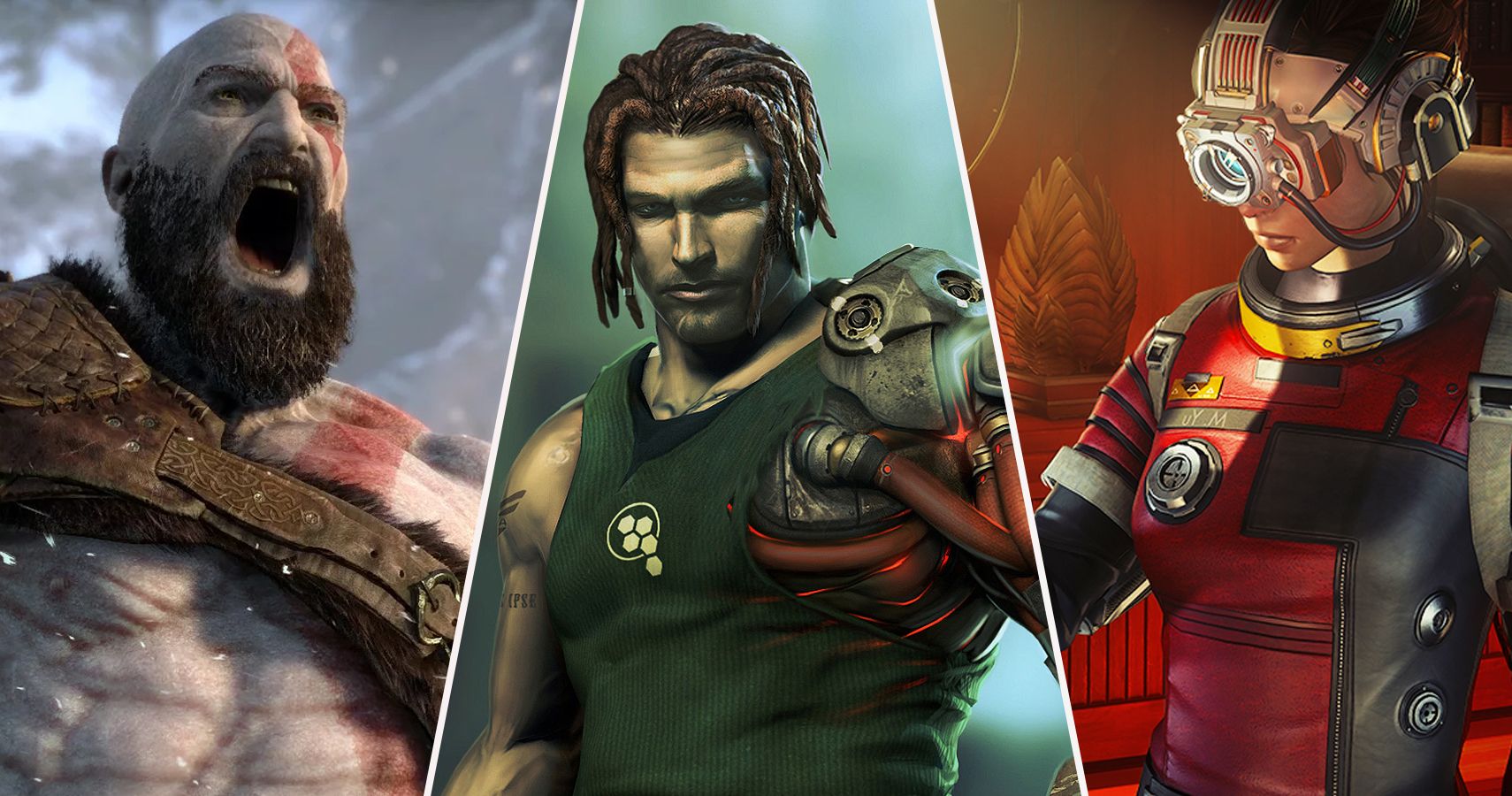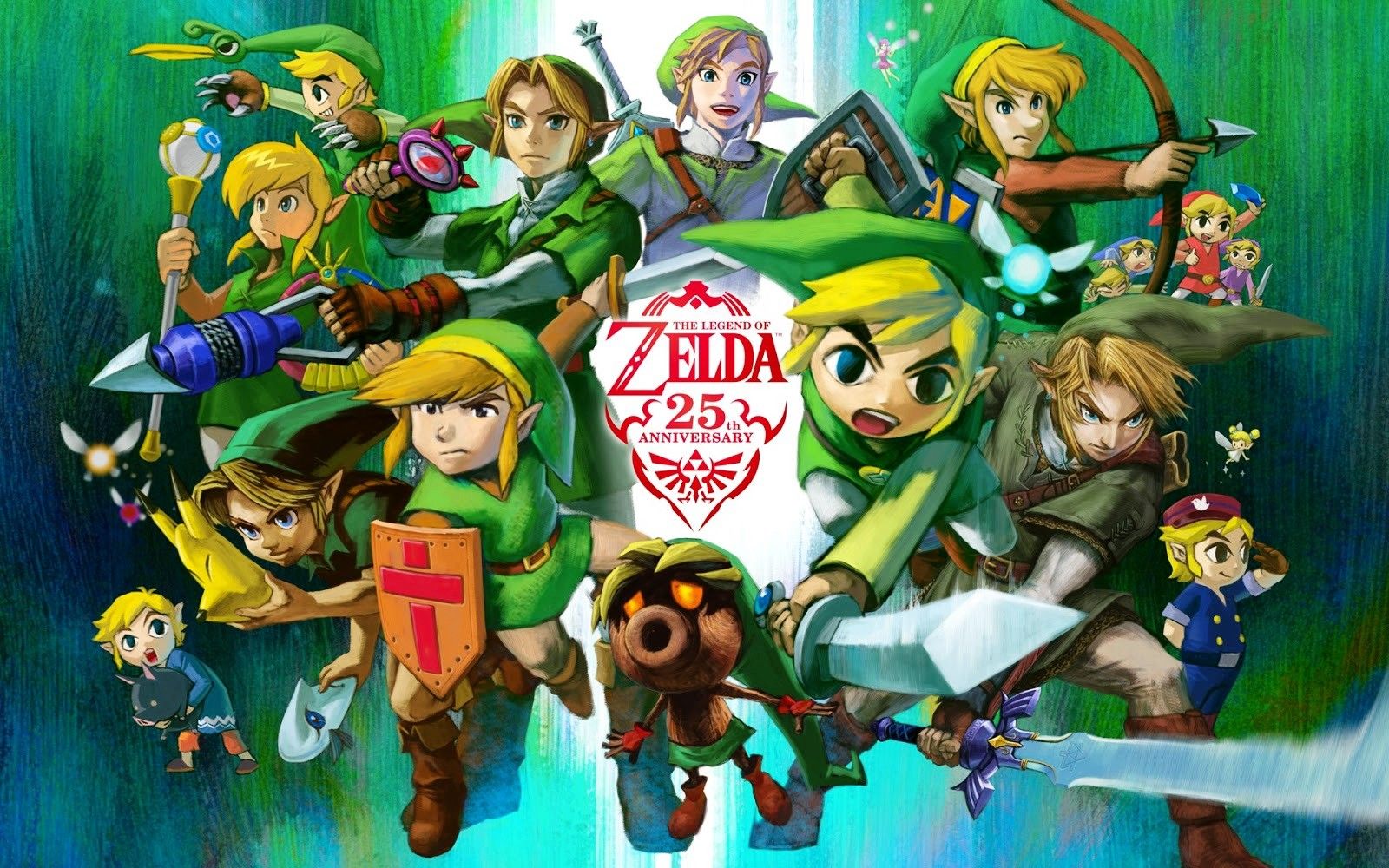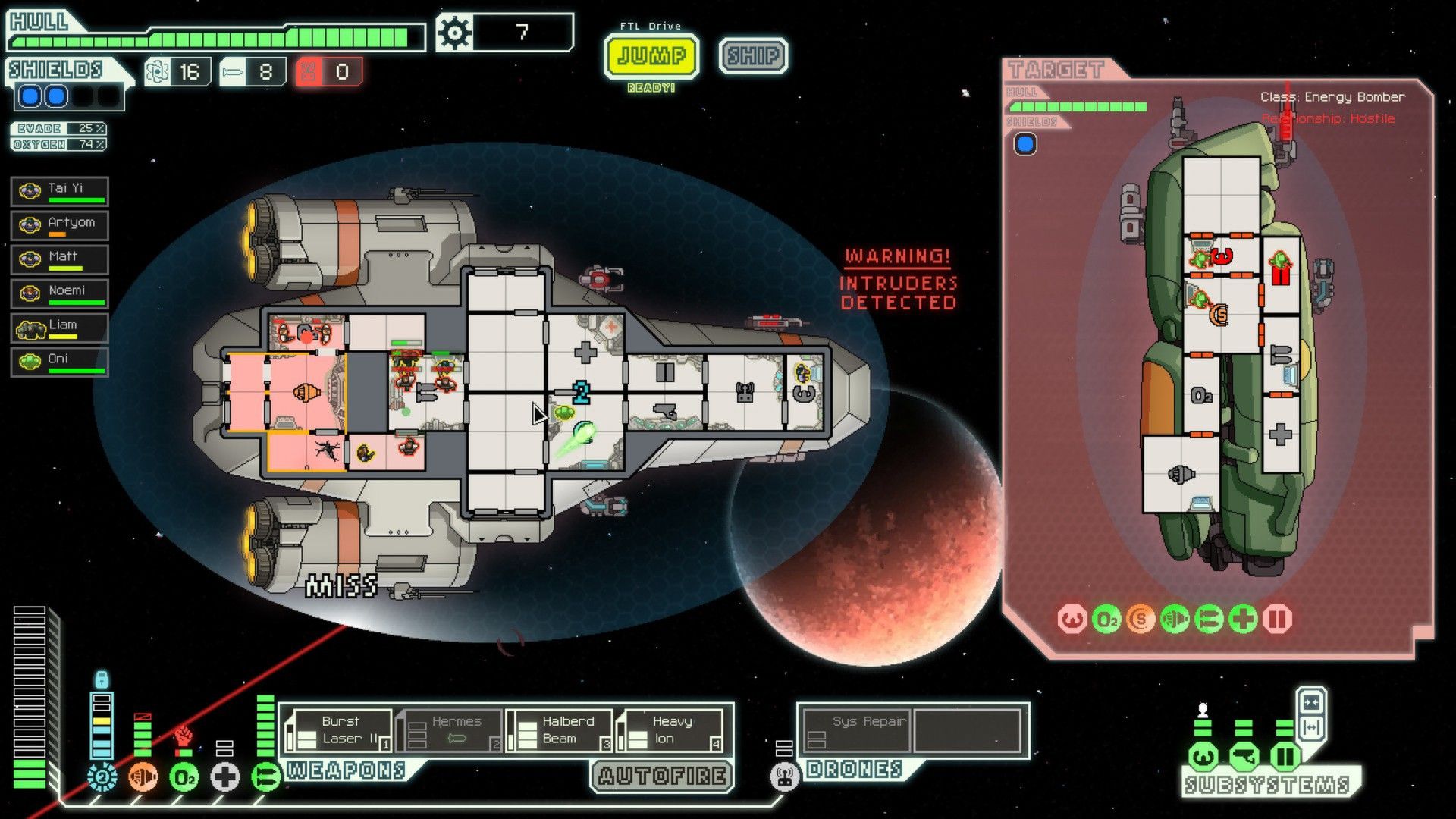Recent announcements made by both SEGA and Blizzard Entertainment have detailed similar plans for the upcoming years of game development at each company. Both have a long history of making some fantastic games, as well as some less-than-stellar ones. Is it then better to focus on the old franchises that have been around for decades, or should something new be invested in?
In the case of both of these companies, the decision seems primarily grounded towards seeking to maximize profits by exploiting existing brands that have an established fan base using the latest technology, most often seen today with a push towards mobile development. This has been a tried and true plan for movie studios as well, especially in the past decade or so.
When done well, an organization can develop a franchise to a point where it seems that it could do no wrong. The most clear example of this has been the careful way in which the Marvel Cinematic Universe (MCU) has been molded into the unstoppable juggernaut it is today, with last weekend proving this once again, obliterating nearly every box office record with the release of Avengers:Endgame.
On the other hand, other movie studios have run their franchises into the ground, because they rely on driving ticket sales to a point due to brand recognition, but offer little in the way of being well made. Both the Transformers and Pirates of the Caribbean franchises are a testament to the dedication to grind out movie after movie, long after each should have ended because these franchises still make some money, every time.
The same can be said of certain game franchises. Nintendo is so committed to excellence in its games that its fandom often has a long wait in between installments of The Legend of Zelda, however, they are often outstanding and made with care. The same can be said of the Super Mario series. These franchises are so carefully cultivated and guarded that it would be a shock to the gaming world if Nintendo decided suddenly to cease their production altogether. Other franchises have a checkered past of good games and bad, such as the Sonic series, whereas the Fallout series had a phenomenal few years of impressive releases, followed by a rather bland sequel in Fallout 4, and an total catastrophe with Fallout 76.
The problem then is that there is no way to tell which franchises will be treated with care, resulting in the release of a quality product that fans deserve, or what studio will put in sloppy work towards a cash grab. The issue with treating a franchise poorly then is that the fans will remember, as EA saw with Star Wars: Battlefront II, at least during its first months of a tumultuous release.
Other companies have used their existing IPs towards the creation of outstanding new games. For years, Blizzard Entertainment was initially known for its Starcraft and Warcraft RTS games and MMORPG, and the Diablo series. From those three constructed universes we received Heroes of the Storm, which truly was a love letter to the individual characters of each game, all combined into one massive MOBA, or hero brawler, as the developers for so long wished it to be considered. Although the game has passed it peak development stage, the fan favorite could not have existed were it not for the company digging in hard to its existing lore and universes. The same could be said of Hearthstone, which borrowed heavily from its physical World of Warcraft TCG counterpart. In this case, some of Blizzard's most successful and profitable franchises came as a result of focusing on what they do best, rather than experimenting with a new universe.
Once again however, while Blizzard seems to have done a decent job in spreading its franchises around, many other companies are not so competent in this manner. The Sonic series is perhaps the one to have suffered most in this way: Sonic Free Riders, Shadow the Hedgehog, Sonic Drift, Sonic's Schoolhouse, and Tail's Skypatrol are but a few examples of how far a series can stray both from its roots and initial quality. In attempting to shift into other types of games, but done poorly, the brand suffers and over time fans learn not to trust a Sonic game until well after reviews have released.
This then leads to the matter of gaming innovation. Who should be testing the waters of new concepts? We can consider it through the economic term of opportunity cost. If a company like SEGA has enough funds to either invest in a new IP, which may or may not flop, or instead to make another Sonic game, but not both projects, which do they choose?Assuming there are only sufficient resources to do one or the other, it is often the "safe" choice that wins out. This is also why movie studios choose to make movies like Ocean's 8, Ghostbusters, and Total Recall. They do not need to be great movies, they simply need to make a certain amount more than they cost to produce, and reboots have the brand recognition that can get studios to that financial mark, regardless of the quality of the product.
And so, we rely on Indie developers to produce games that the large developers will not. FTL: Faster Than Light, Cuphead, and Stardew Valley are some of the best games released in the past few years, all with relatively small budgets, a clear vision in mind, and risk. The more that larger studios focus on their existing IPs, the less new stories and worlds will be created. The real question then is how much of a bad thing is that, if at all? We as consumers are comfortable with our favorite franchises. Call of Duty and FIFA sell year after year in record numbers. At the same time, smaller Indie companies with few resources are forced to think outside the box, whereby restriction, a lack of cash flow, breeds creativity.
Ultimately, there is no right or wrong answer regarding this recent move towards focusing on existing IPs. Were it not for this strategy, the Resident Evil 2 remake might not have been made, and that game is a masterpiece adaptation of an already perfect retro game. At the same time, do we as players want to be pre-ordering Resident Evil 20: Zombies at the Zoo, in twenty years? Probably not, but time will tell if these strategies pay off for the larger developers.




